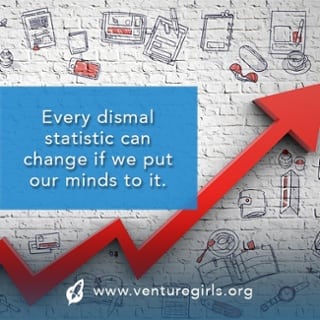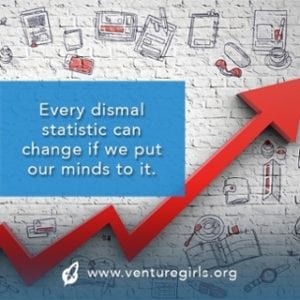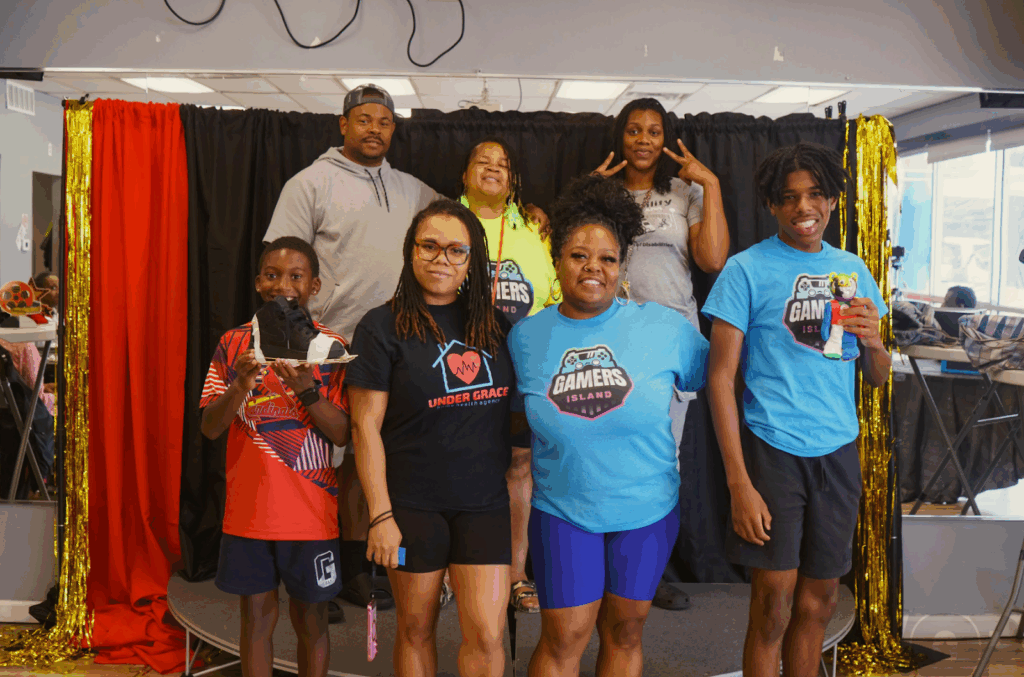
Overcoming Gender Bias in Science
Dr. Cristal Glangchai |
October 13, 2017

Things are changing, if slowly, for women, in science and technology.
Women make up just 4% of partners at venture capital firms, and about 20% of angel investors, both vital sources for fast-track technology companies. Only 3% of technology CEOs are women, and just 15% of technology firms have at least one woman founder. But take heart. There are more women in these roles on the East Coast, and the spotlight now on Silicon Valley is raising awareness of the subtle prejudices that have inhibited diversity. There are technology women everywhere who are overriding obstacles, often with the help of men.
Still, there’s a lot to do. Take Entrepreneur, a magazine that I read and enjoy. When it published “50 Inspirational Entrepreneurial Quotes,” only two of the quotes were from women. What is the message? Think of how “odd” it would be if 48 women’s quotes and just two from men constituted the inspirational “50 Quotes” from entrepreneurs.
But the scant numbers of women in engineering and computer science only half the story. The other half is yet to be written. I believe every dismal statistic can change if we put our minds to it. What others might regard as daunting, I see as baseline information using a growth mindset.
And what exactly do I mean by a “growth mindset”? A growth mindset is an expansive view of the brain and our world, recognition of the potential to change, and the core of the entrepreneurial spirit.
The struggle continues, from playgrounds to boardrooms. I don’t know a single woman in the technology industry who hasn’t experienced unconscious gender bias. Sometimes it seems like biases are like the game Whack-A-Mole. Just when you’ve addressed or overcome someone’s bias, another instance pops up where you weren’t looking.

Biases can creep into organizations and blind them to the female talent in their midst. It is particularly troubling when bias masquerades as cultural sensitivity. One veteran of the semiconductor industry described her experience of being shut out for fear a woman wouldn’t be accepted. “When I was assigned to Taiwan,” she said, “Americans told me the Asian culture was sexist, that I wouldn’t be accepted. But I found that in Taiwan, the culture is, ‘We don’t have a person to waste.’ Women are pervasive in technology there. At one time, four of Taiwan’s top seven semiconductor companies were led by females. Yet when I was working for a U.S.-based consulting firm, they didn’t let a woman lead the team because they thought the Taiwanese couldn’t handle it. I sold the work, then saw men with less experience and knowledge put in charge.”
Many young women experience this. They joke about it with lines like: “Whatever women do, they must do twice as well as men to be thought half as good. Luckily, this is not difficult.” But beneath the humor is a raw truth. “If you go to an employer, they will answer that they don’t treat men and women differently. But they do,” says digital artist Lauren Edwards. “They are banking on you not coming up and asking for things. My female friends in games talk about how difficult it is to be assertive, to ask for more money, to have to fight for these things.”
I’d love to hear from you about any gender biases—acknowledged or unacknowledged—that you’ve encountered. What was the context? And what did you do? Thank you for sharing.



